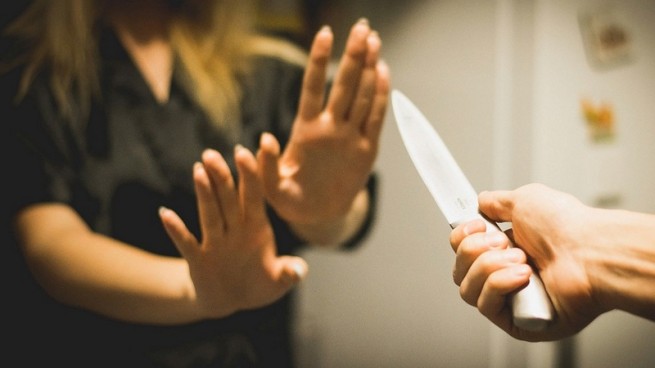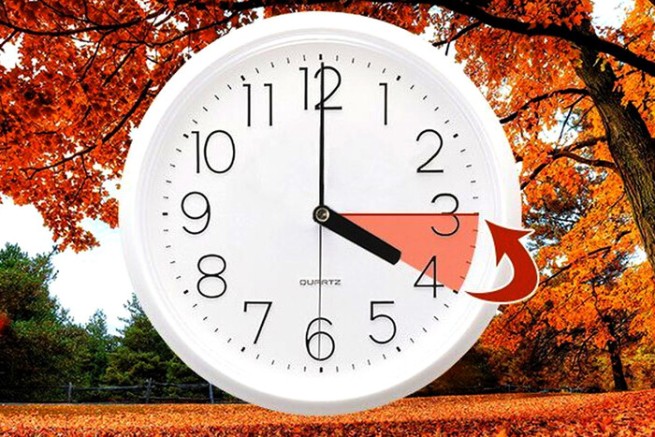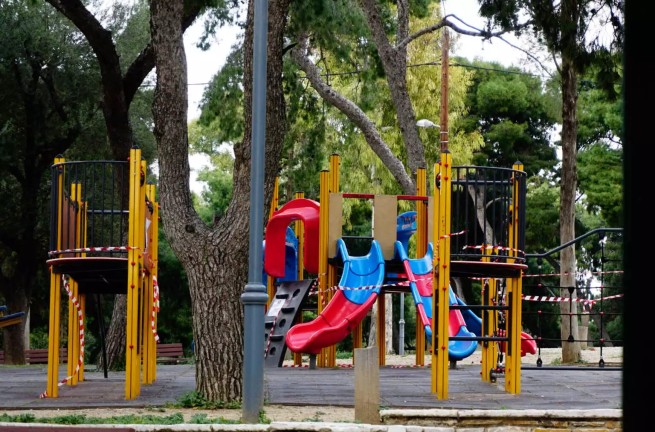Russia cannot be isolated, and the country will not suffer in the way that Western headquarters expect or hope through the imposition of severe economic sanctions. The power and size of the state provide it with alternative options and the support of allies.
In early December last year, Vladimir Putin most likely already made a decision about Ukraine and the invasion of it. If so, it is clear that his every move has, in some sense, served his purpose on this front, which is a turning point for Russia and its relationship with the West and the rest of the world. ot.gr.
At that time, the Russian president paid an official visit to India, the second most populous country on the planet and a partner in both the G20 and the well-known BRICS alliance.
BRICS is an international political organization of leading emerging markets, which consists of five countries: Brazil, Russia, India, the People’s Republic of China and South Africa. The term comes from the first letters of the names of states.
On June 16, 2009, the leaders of the BRIC (later BRICS) countries held their first summit in Yekaterinburg (Russia), where they issued a statement calling for the establishment of a “just, democratic and multipolar world order.” In 2012, the five BRICS countries had a population of almost three billion people, their combined nominal GDP reached $13.7 trillion, and their foreign exchange reserves were estimated at $4 trillion.
New payment system from India
Although he is unlikely to have shared his plans for Ukraine with Indian Prime Minister Narendra Monti, he has seen to it that he signed trade and military agreements to further “link” Moscow and New Delhi.
This move seems to be bearing fruit now that the critical moment has arrived. Indeed, as the Indian government has said, it is not only not considering actively participating in Western sanctions against Russia, but is looking for ways to prevent them from harming bilateral trade and its economy, especially agriculture, which depends on Russian fertilizers. That is why a special mechanism for settlements in rupees is being worked out so that the banks of the two countries do not need to convert them into dollars, euros and pounds sterling.
Putin and Erdogan
At the same time, Turkey is trying to maintain neutrality: “We are friends with both Russia and Ukraine, we cannot spoil relations with either state,” Tayyip Erdogan said. Shortly thereafter, Mevlut Cavushoλουlu responded negatively to the Ukrainian ambassador’s desperate request to close the Bosphorus and Dardanelles to Russian warships, emphasizing that the Montreux Treaty (In 1936, Turkey pledged to comply with the principles of international maritime law) does not allow him to “close” the Black Sea.
This attitude, of course, is not accidental. It is based on the explosive growth of trade and tourism between the two countries, Turkey’s dependence on Russian gas (about 45%) and its know-how to build the first nuclear reactors, expectations on the Cyprus issue and much more.
In other words, a clear answer was given: “Russian ships are already in the Black Sea (and it’s too late to block anything). How can I close the Bosphorus and Dardanelles? Now, on the contrary, they need to be left open so that they can go back.”
Neutral Pakistan
At the same time, Pakistan, one of Turkey’s closest allies and India’s big rival, chose to keep the balance. This is made clear in statements by his prime minister, Imran Khan, the first foreign leader to meet with Putin just hours after the Russian invasion of Ukraine began.
“Developing countries will be hit the hardest during conflicts,” he said, deploring the war. However, he assured that Pakistan does not intend to take sides and hopes for diplomacy.
Close relationship with Iran
Undoubtedly, the position of another powerful country and for many years a close ally of Russia, Iran, is interesting. While, in fact, a new agreement on the state’s nuclear program seems very close.
Its president, Ibrahim Raisi, reportedly contacted Putin on Thursday and blamed the US and efforts to expand NATO. “I hope that what is happening will benefit the people and the entire region,” he reportedly told the Russian president in a statement that will no doubt need to be reread to understand her cynicism.
China “understands”
As for China, of course, everything is clear here. Beijing from the very first moment convinced everyone, especially Washington and Brussels, that it was not going to follow the line of condemnation and isolation of Russia.
“We understand Russia’s legitimate security concerns,” said Foreign Ministry spokesman Wang Wenbin, who on Thursday rejected what he called an “invasion” of Ukraine. Shortly thereafter, a telephone conversation took place between Putin and Xi Jinping, in which the latter stated that he supported the position of his colleague in dialogue with Ukraine.
Of course, China will always leave room for maneuver and will not “substitute” its relations with the West in dependence on Russia’s actions.
Cartel with OPEC
At the same time, there is another country that could hit Moscow hard and threaten it with a severe economic crisis if it decides to impose sanctions, but does not do it – obviously deliberately. Oddly enough, it may seem to some due to her past, as well as her relationship with the US, that this is Saudi Arabia.
Since mid-2020, Riyadh and the OPEC cartel have reached an agreement with Russia aimed at manipulating oil prices. Which, in turn, is a key factor in the steady rise in prices, which were close to $100 per barrel before the crisis in Ukraine.
Of course, this is a matter of mutual interest: almost half of Russia’s state revenue comes from oil and gas. An even larger percentage – in Saudi Arabia and other countries of the Persian Gulf is occupied by this item of income.
little friends
To the above “giants” (of which we exclude some European countries that still want good relations with Russia) we should add small or medium-sized states that sided with Russia in this situation.
Among them are Syria (Assad owes Putin his survival), Nicaragua (President Ortega no longer has ties to the Sandinista leader, but thinks he lives in a different era), Georgia (which lost 20% of its territory after the Russian invasion in 2008), but also Myanmar, where the junta reciprocates Moscow’s non-condemnation.
Bottom line: The West’s attempt to harm and isolate Russia is unlikely to succeed as hoped for.






More Stories
BRICS+ has created its own global money transfer system
The meeting between Zelensky and Trump lasted an hour (video)
Trump released Zelensky's letter requesting a meeting